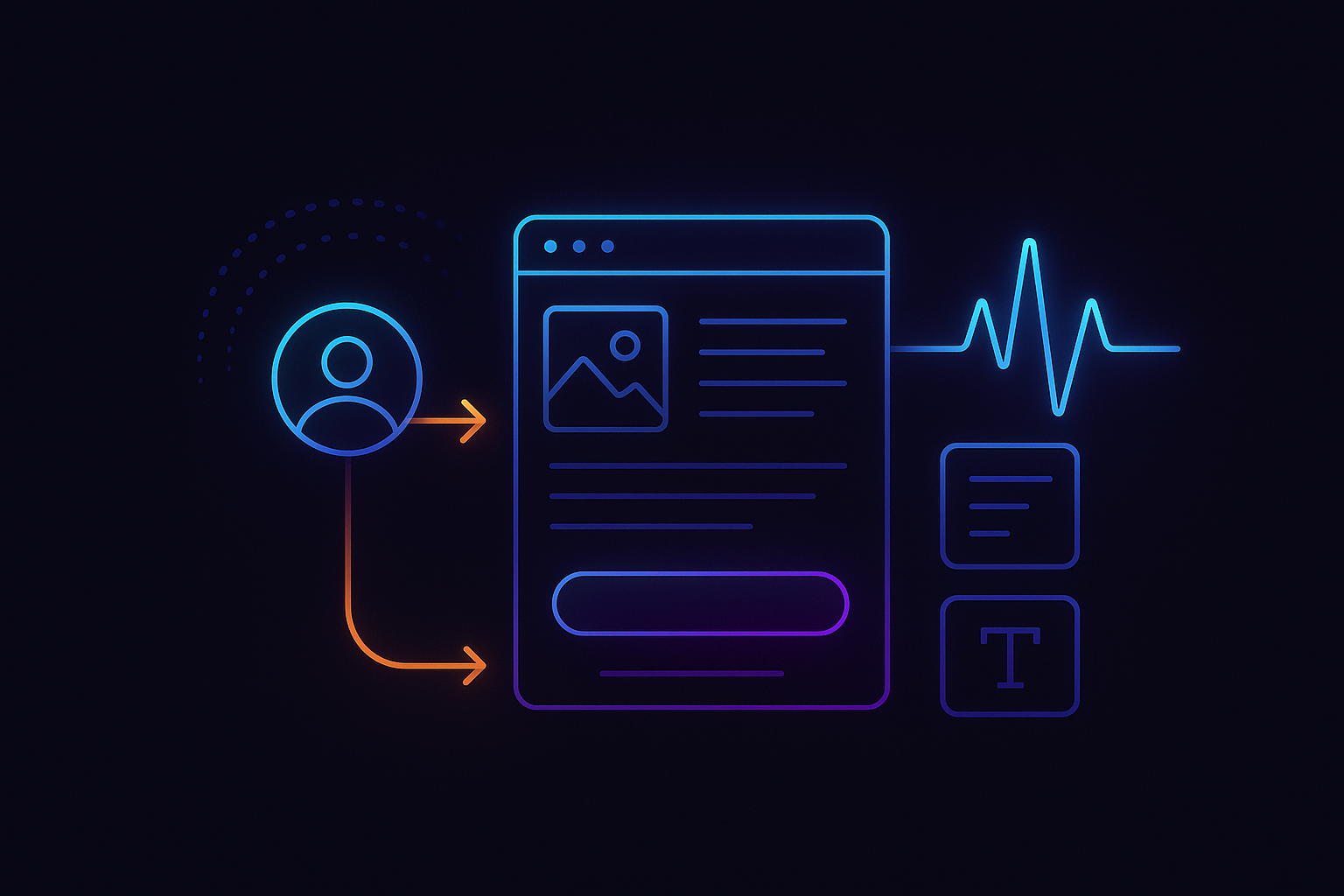Technology
Next JS
What is Next.js?
Next.js is a cutting-edge framework developed by Vercel, designed to enhance the development of applications using React, a leading JavaScript library for building user interfaces. This framework elevates the React development experience by offering a suite of advanced features such as server-side rendering, automatic static optimization, and built-in CSS and Sass support. With the introduction of React 18, Next.js has evolved to harness its latest features, leading to superior application performance, streamlined server rendering, and a more dynamic user experience.
Core Features of Next.js
Server-Side Rendering (SSR)
Next.js excels in delivering content-rich, SEO-friendly pages by rendering React components on the server side. This approach boosts performance and ensures faster page loads.
Automatic Static Optimization
Next.js intelligently decides whether to pre-render a page as static or server-rendered, optimizing performance and scalability without additional configuration.
API Routes
Simplifying backend processes, Next.js allows the creation of API endpoints as part of your application, facilitating seamless data fetching and management.
Built-In CSS and Sass Support
Next.js streamlines styling by natively supporting CSS and Sass, enabling developers to write styles in a more efficient and organized manner.
React 18 Integration
Harnessing the power of React 18, Next.js offers enhanced features like concurrent rendering and improved server-side rendering, enriching the user experience.
How Next.js Benefits Your Website
Enhanced Performance
Leveraging server-side rendering and automatic static optimization, Next.js applications load swiftly, enhancing user engagement and retention.
SEO Optimization
With its SSR capabilities, Next.js improves the visibility of your web pages in search engine results, driving more organic traffic to your site.
Simplified Development Process
Next.js offers a developer-friendly environment with minimal setup, allowing you to focus on building feature-rich applications efficiently.
Comparing Next.js with Alternatives
Gatsby.js
A React-based static site generator focusing on performance and SEO, but less flexible for dynamic applications compared to Next.js.
Create React App
Ideal for single-page applications, but lacks built-in SSR and static generation features present in Next.js.
Pros and Cons of Next.js
Pros
- Integrates seamlessly with React, offering a robust and familiar development experience.
- Excellent SSR and static generation features, improving SEO and performance.
- Streamlines complex application development with API routes and built-in CSS support.
Cons
- Might require a learning curve for developers new to SSR and React.
- Potentially more configuration needed for complex, custom setups compared to simpler React frameworks.
















